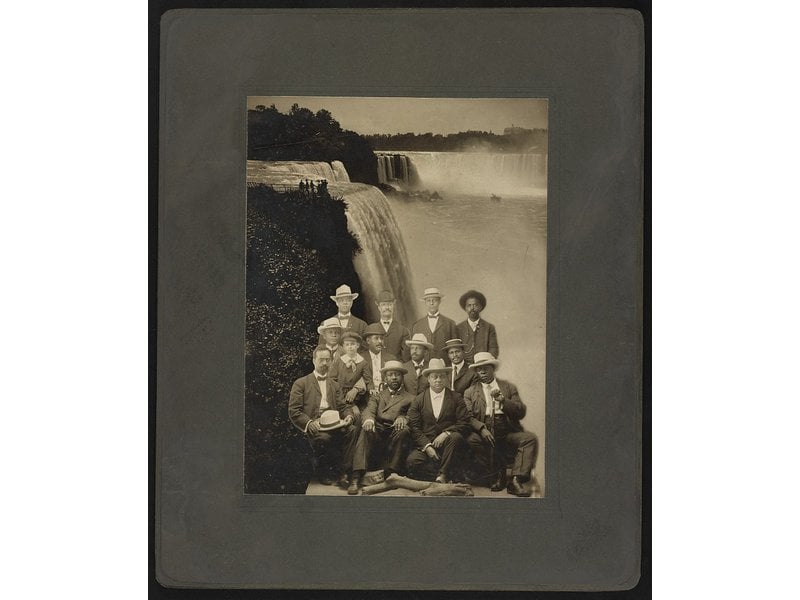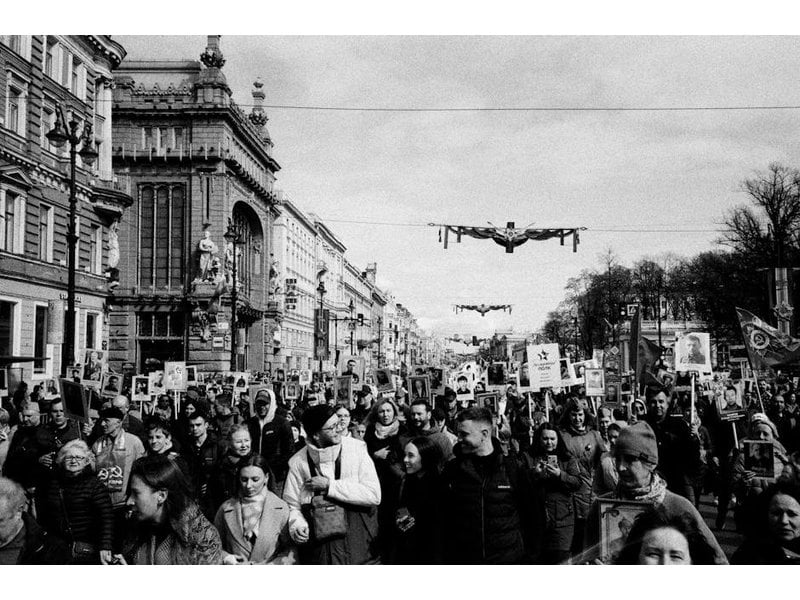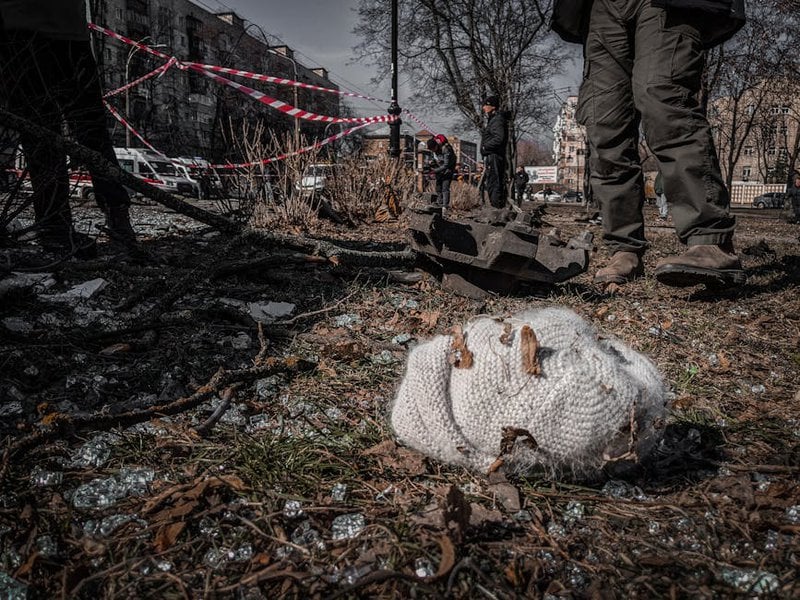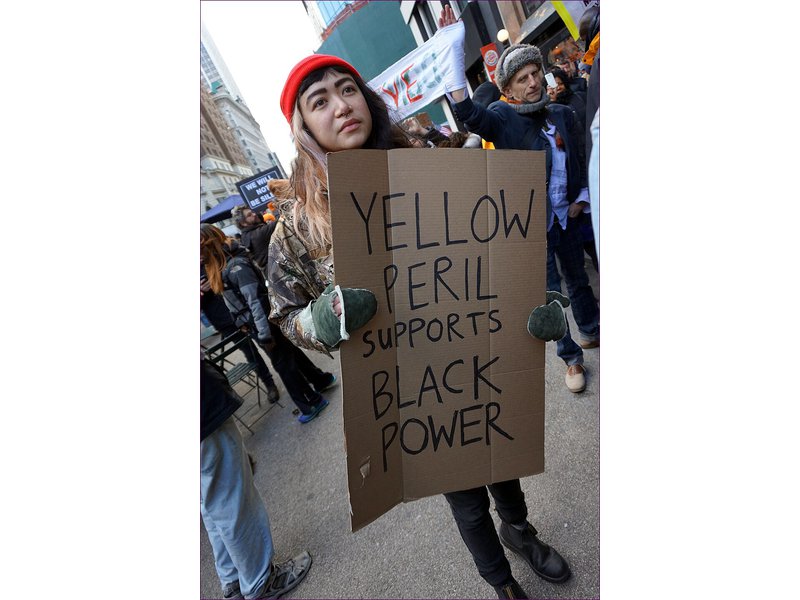125 boycott of government employment and positions

"This type of political noncooperation occurs when people refuse to assist the government by serving it in some job or post. They may either resign from current positions or refuse to accept new ones—either all posts (as in a dictatorial or foreign regime) or only particular ones associated with an objectionable policy. In either case, the objections to government service are normally more serious than the usual run of strike demands. The posts boycotted may range widely, from government ministries to quite menial jobs."...
Potentially awesome partners
Potentially problematic matches
High scoring campaigns using this method
Historical cases from the Nonviolent Action Database that used this method
Bardoli peasants campaign against the Government of Bombay, 1928
The Bombay Government (through its Revenue Department) had, in 1927, enhanced the land revenue assessment in the Bardoli taluka (county) by a nominal 22 percent, which, when applied, amounted in some cases to as much as 60 percent enhancement. This t...
Norwegian workers, women campaign for independence from Sweden, 1905
The kingdom of Denmark ruled Norway until May 1814, when Sweden defeated Denmark in the Napoleonic Wars. On 4 November 1814, Sweden took control of Norway, and the United Kingdoms of Sweden and Norway shared a Swedish monarch. Still, Norway retained ...
East Germans protest for democracy (The Peaceful Revolution), 1988-90
In 1988, the German Democratic Republic (GDR) had been under Soviet rule for more than 40 years, and the Berlin Wall had stood erect for nearly 30. Strict Socialist rule meant extreme limits on speech and action. Travel outside the country was prohib...
Egyptians campaign for independence, 1919-1922
Egypt became a British protectorate on December 14, 1914. During World War I agitation towards the British increased as all sects of the population united in their discontent. British rule caused Egypt’s involvement in the war to increase – 1.5 milli...
Haitians overthrow a dictator, 1946
The Haitian President, Elie Lescot had been granted the powers of a dictator by his congress and was backed by the United States. He was representative of the mulatto ruling class during a time when black political radicalism was growing in Haiti. Le...
Hungarians campaign for independence from Austrian Empire, 1859-1867
In the 1840’s there were high tensions between Hungary and the Austrian Empire. Hungary, a part of the larger Austrian Empire, was characterized by nationalistic fervor and that feeling erupted in a violent insurgency in 1848. Franz Josef, the empero...
Chileans overthrow dictator Carlos Ibañez del Campo, 1931
In February 1931, in the face of an economic crisis, the Chilean Congress granted President Carlos Ibáñez Del Campo authority to enact any necessary measures to keep Chile from further depression. As the value of exports dropped and unemployment rose...
Malians defeat dictator, gain free election (March Revolution), 1991
General Moussa Traoré obtained power in Mali in 1968 when he led a military coup d’etat that overthrew the left-leaning nationalist government that had ruled since 1960. Opposition towards Traoré grew during the 1980s, but didn’t fully emerge until t...
Ecuadorians oust President Gutiérrez (Rebellion of the Forajidos), 2005
Retired Colonel Lucio Gutiérrez won the 2002 presidential elections in Ecuador after emerging as a popular ally of the poor during the years following a 2000 coup d’etat. A series of decisions followed his becoming president that increased the countr...
Low scoring campaigns using this method
Historical cases from the Nonviolent Action Database that used this method
Mexican students protest for greater democracy, 1968
In July of 1968, as the student-led uprising of May and June in France was fading away, a new one was just beginning in Mexico City. Students inspired by the success of the movement in France saw their own opportunity to bring more open democracy to ...
Palestinians wage nonviolent campaign during First Intifada, 1987-1988
EDITOR'S NOTE: Regarding the First Intifada as "nonviolent" is controversial because of the violence that accompanied the campaign. Aden Tedla's narrative does not try to hide the violent dimension. Three considerations lead us to include the case in...
Pro-Settlement advocates protest Israeli withdrawal from the Gaza Strip and West Bank, 2004-2005
The Jewish and Palestinian territorial claim to the same area of land has resulted in one of the most protracted conflicts in recent history. Stemming from the Zionist demand for a Jewish homeland in the historic state of Israel, a homeland that woul...





